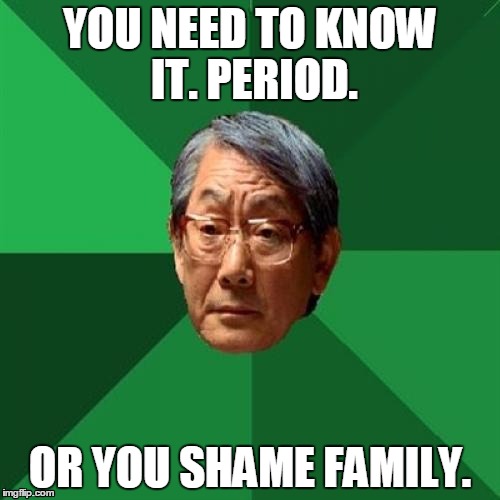I will have to disagree with the majority of people, and say that knowing neurology is extremely important to provide the best patient care. All kinds of pathologic processes which are considered in the domain of primary neurology masquerade as purely psychiatric at times. Understanding a full differential may entirely change a patient's outcome. Some examples off the top of my head include the 3% of all new onset psychosis which turns out to be autoimmune encephalitis, processes on the Morvan continuum where patients may present with acute psychosis and insomnia which looks similar to bipolar disorder, knowing semiology of epileptic seizures vs PNES, etc. The appropriate diagnosis and treatment are paramount in many of these cases. In a patient with NMDA-r Ab+ encephalitis, purely calling them psychotic and starting a neuroleptic is not enough. This person may end up even needing inpatient psychiatric hospitalization (which happens), and ultimately they could have been "cured" with immunomodulatory therapy.
There are countless answers to this question, but I find it naive and a bit lazy to suggest that it is not important to know neurology well. Both specialties are based in the same organ system. The brain doesn't discriminate. Knowing neurophysiology, anatomy, pathology, etc. is extremely important. Psych and neuro comorbidities run hand in hand, and it is best to have a good base in both areas. I recently got to have lunch with the Editor-in-Chief of JAMA Psychiatry who is from Germany, and he pointed out that his friends in Europe often tease him because in their psychiatry residency they do two years of neurology and learn how to read MRIs, EEGs, etc. while here in the states we get two months in a categorical psych residency.
Can you get by without the knowledge? Sure. Will you be as good of a doc? Maybe. But as someone training in both paths, I think I have a unique perspective coming from both camps and I'm able to tell you it is entirely eye-opening and improves my diagnostic acumen and clinical skills handily.
-A

